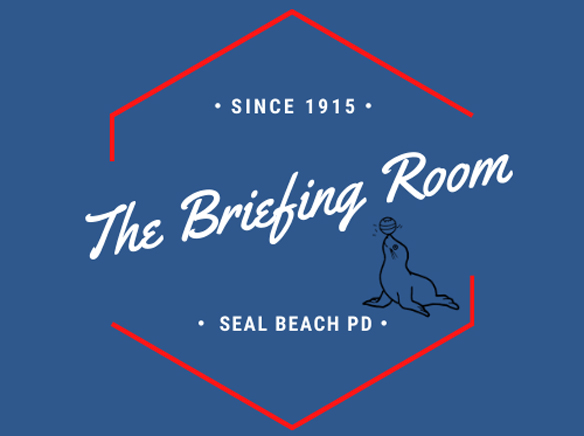Hi Sun Readers! For this week’s column, I thought I’d write a little about our 9-1-1 system. We are all taught from a young age that if there is an emergency, simply dial 9-1-1 and help will be on the way. When people are experiencing a crisis, need emergency medical assistance, or are in fear for their safety, it is totally reasonable for them not to be thinking clearly as they pick up the phone to call for help. Many people may be surprised at the questions asked by the 9-1-1 operator, but it is important to remember that the more information you are able to provide, the better equipped the responding officer, paramedic, or fire fighter will be to handle your emergency.
From the police side of things, as soon as we get an emergency call, we immediately start to plan our response to the call in our heads. We begin to consider contingencies if things go wrong, determine what additional resources we may need, and about 100 other things before we even get to the call. That’s why this information is so critically important to provide when calling 9-1-1.
In Seal Beach, we contract with West Cities Police Communications (West-Comm) which provides dispatch services to the cities of Seal Beach, Los Alamitos, and Cypress, along with the Orange County Park Rangers. If you make a call from a landline in Seal Beach, it rings into West-Comm. If you are calling from a cell phone, it may ring to West-Comm, it may go to Long Beach, or even the California Highway Patrol, just depending on what cell phone tower the call goes through. The cool thing is that the 9-1-1 center can see on a map the approximate location of your cell phone when calling 9-1-1. You can even send text messages to 9-1-1 if you are unable to speak!
One of the first questions our dispatchers will ask is if you need police, fire, or paramedics. If the fire department or paramedics are requested, the dispatchers will transfer the call to the Orange County Fire Authority (which provides services for the City of Seal Beach). However, our dispatchers don’t just hang up the phone; they stay on the line to make sure that the police do not need to respond. For instance, if someone calls 9-1-1 and requests paramedics, we will stay on the line with the caller as it’s transferred to OCFA to make sure they don’t need medical assistance because they were assaulted.
So when should you call 9-1-1? The short answer is if there is a life or death emergency or serious crimes in progress. 9-1-1 should not be used for routine business calls, requesting reports, or reporting non-emergency issues such as identity theft or stolen property. You may reach us any time at our non-emergency number (562) 594-7232.
Please remember that when calling 9-1-1, you must speak slowly and clearly. Be prepared to provide the best address or location where you need the emergency response (street address, apartment number, intersection, etc.). Do not hang up until the dispatcher tells you it is okay. They may need to ask you additional questions or provide instructions.
If you accidentally dial 9-1-1, don’t hang up! The dispatchers will assume there is an emergency and start working very hard to confirm your location and send resources. Instead, just let them know that it was an accident and that you are not in need of emergency services.
It is also very important to teach your children how and when to dial 9-1-1. Many resources can be found online including several YouTube videos that you can watch with your kids. I strongly encourage that you have this conversation before there is an actual emergency.
The 9-1-1 system is serious stuff. It is a misdemeanor in California for a person to willfully use 9-1-1 for any purpose other than reporting an emergency. It becomes a felony if someone is injured or dies as a result of an emergency response to a false call.
I sincerely hope that you will not ever have to call 9-1-1, but if you do, please try to keep these things in mind.
Keep your questions coming Seal Beach! Email me at askacop@sealbeachca.gov.












